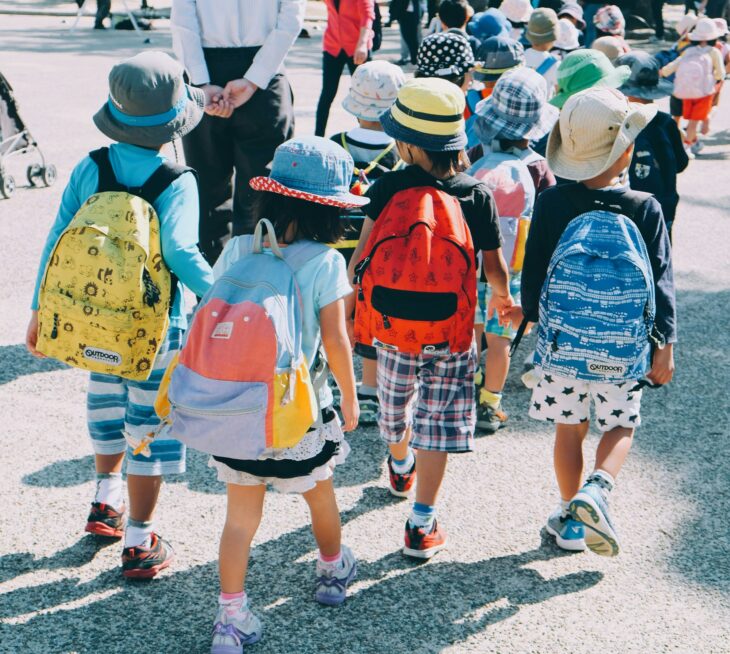As children grow up, they develop in many ways. Children mentally progress in how they feel, think, and act – what scientists call their cognitive control. Researchers consider creativity, fluid reasoning, and academic achievement as parts of a person’s cognitive control. They’ve found that people with good cognitive control also have better mental health. However, scientists still don’t know the best type of training to help children develop cognitive control.
Previous researchers found that training can improve cognitive functions like working memory in children. However, they haven’t determined whether the same training would improve the children’s related functions or overall cognitive control. So, an international team of researchers recently explored whether improving one cognitive function helped improve a child’s overall cognitive control.
They focused on a specific cognitive function that is less well studied than others, called response inhibition. Response inhibition is a person’s ability to stop themselves from responding to a cue they responded to previously. They wanted to test how long it would take for a training response inhibition to influence a child’s other cognitive functions, like creativity and reasoning.
The researchers explained that previous researchers studying cognitive control in children found contradictory results. Some found that training the children in response inhibition increased their overall cognitive control, while others found that it only improved the trained skill. This team proposed that issues with previous researchers’ methodology caused the contradictory results. So they attempted to address these issues by clearly defining how they trained the children, making their training schedule non-predictable and engaging, and testing a larger group of children than previous studies.
The researchers studied 235 children, ages 6 to 13, from the greater London area in the United Kingdom. They split the children into 2 groups of 119 and 116. They introduced both groups of children to a series of 7 different computer games they took part in over a period of 8 weeks.
During the video games, the children navigated through an island picking up coins. Their goal was to gain as many coins as possible. The first group of 119 children received training in their response inhibition, meaning they received coins after successfully stopping themselves from performing a requested action. The other 116 children served as a control group, meaning they took part in the same games, only without any response inhibition training.
To determine how the children’s cognitive skills changed throughout the experiment, the researchers collected self-reports from the children, performed standardized skill tests, and took neuroimages of their brains to check for physiological changes. They collected these data before the experiment, immediately after the experiment, and 1 year later.
The researchers found that the children who were trained had better response inhibition than those who were not, but they did not have better overall cognitive control. For example, they found that the trained children had no test results to indicate that their academic performance improved more than children in the control group. They also found that the brain imaging showed no physiological differences between the 2 groups of children. The researchers interpreted these results to mean that response inhibition training did not improve the children’s overall cognitive control.
The researchers concluded that training children in a single cognitive skill will not improve their overall cognitive control. However, they acknowledged that the sample of children participating in this study could be unrepresentative of lower social classes since they were from families of an above-average socioeconomic status. Regardless, they recommended future researchers look for alternative methods of facilitating the development of cognitive control in children.


